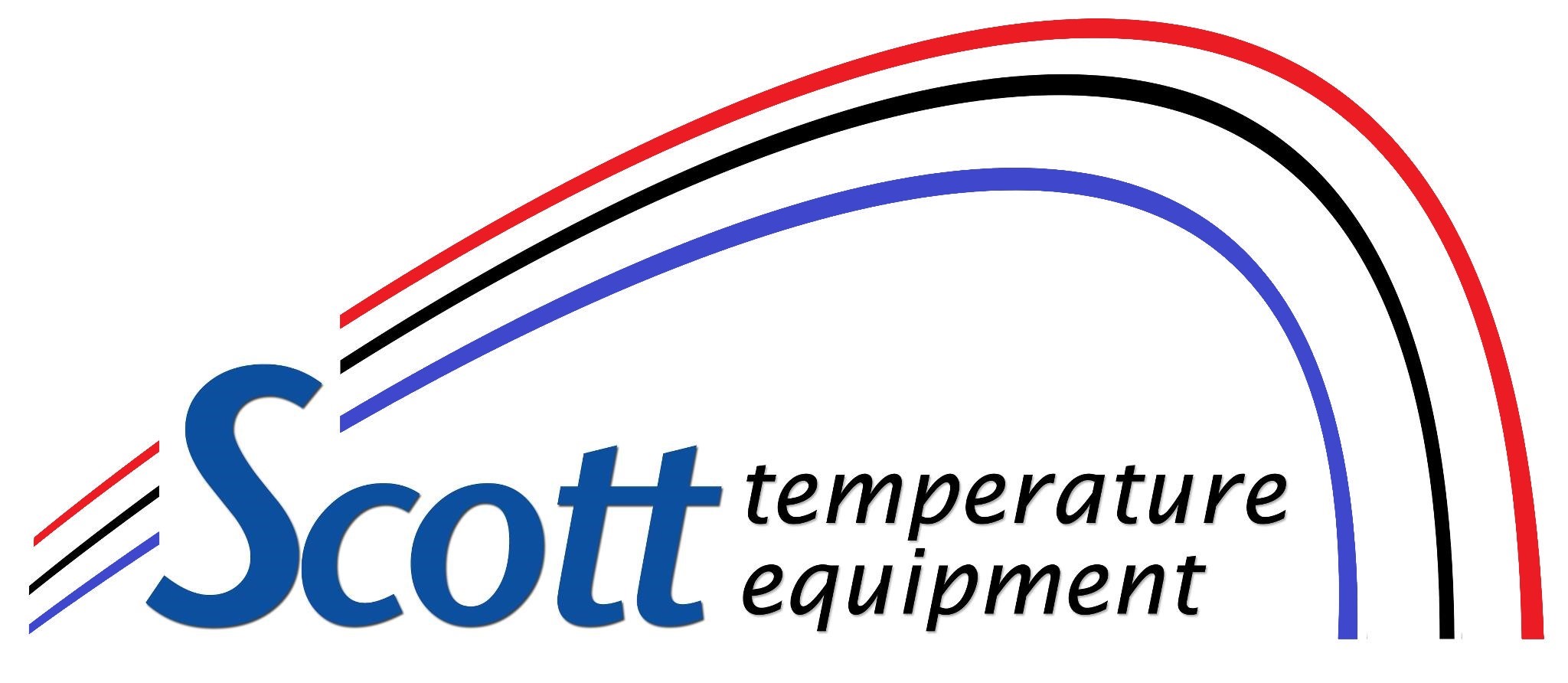
Have you ever performed a double take when you checked your last energy bill? Even though high energy bills can be the result of intense weather events, repeatedly high bills can also signify an inefficient HVAC system or your home is wasting energy through other means, including drafty windows or poor insulation.
One of the easiest ways to determine whether your home is wasting energy is by getting a home service specialist to complete a home energy audit, also known as a home energy assessment. Keep reading to learn more about home energy audits, including what they are and their benefits.
What Is a Home Energy Audit?
An energy audit is a thorough inspection of how much energy your home consumes and whether – and where – your home might be losing or wasting energy. An inspector will go through previous energy bills in the course of an energy audit to determine where energy is being consumed and how much.
The overall goal of an energy audit is to help homeowners save money on their energy bills by recommending energy-efficient updates, which may include replacing your existing HVAC system, installing new insulation, plugging up leaks, or replacing loose windows.
Over the course of the energy assessment, the auditor performs an inspection of the outside and inside of your home. The auditor completes a blower door test on doorways, windows and fireplaces to find out if there are air leaks in your home. They’ll also inspect your home’s HVAC system, as well as the ductwork, the water heater, and the insulation in your attic. Comprehensive assessments may also include checking your current lighting system.
Benefits of a Home Energy Audit
It can be hard for the average homeowner to know for sure how efficient their home is versus other similar homes in their area. However, lots of energy companies often offer information about where your home stands when compared with similar homes and whether it’s more efficient, about average, or inefficient compared to your neighbors’ homes. This is a good starting point to figure out if you need an energy audit completed.
Some of the benefits of a home energy audit include:
Recognizing How Efficient Your Home Is
It’s good to know how efficient your home is and where you’re consuming the most energy. For example, if your ducts are damaged, it could result in a significant increase in your energy bills and excessive wear and tear on your HVAC system because it has to work longer to properly heat or cool your home.
Making Energy-Efficient Upgrades
An energy audit will expose where you need to make energy-efficient changes to cut back on energy and decrease utility bills. This can include replacing worn-down weatherstripping or getting a new energy-efficient furnace.
Improving Health and Safety
Enabling air to slip into your home through doors and windows, or as a result of a lack of insulation can cause unwanted moisture to form, which may negatively affect your home’s humidity levels or produce mold. This can lead to health conditions, particularly for people suffering from asthma or allergies.
Increasing Your Home’s Retail Value
Energy-efficient homes are desired by homebuyers. You can sell your home much faster or for more money by showing possible buyers that it’s energy efficient.
How to Do an Energy Audit of Your Home
Although completing an energy audit on your own may not be as detailed as choosing a professional, it’ll give you a generalized idea of how energy efficient your home is. If you don’t discover any problems during the DIY test, then you likely don’t need to call in a professional. Use this step-by-step checklist:
- Review your HVAC system. Broken ducts can lose up to 20% of conditioned air, resulting in higher energy bills and excess wear and tear on HVAC equipment. If you find leaks, use duct tape to plug them. If your HVAC equipment is old and inefficient, upgrading to a new system can save you a significant amount on your energy bills. In some cases, it is better to hire a reputable HVAC company to inspect your system.
- Check for air leaks. Air leaks on average can raise monthly energy bills by 10 to 20%. Inside, look for air leaks in areas where there is a draft, such as along the edge of flooring and near baseboards and electrical outlets. Outside, you can look for air leaks along the home’s foundation, siding and mortar. Plug, caulk or seal any air leaks to save money.
- Examine insulation. If your home is older, it could mean your insulation is too. If you can see the joists, you likely need more insulation.
- Check ventilation. Check that all of your kitchen and bathroom exhaust fans are working properly, and inspect for evidence of rot or moisture.
Contact Scott Temperature for a Professional Energy Audit
If you want professional help finding out how energy efficient your heating and cooling equipment is, call the HVAC experts at Scott Temperature today. We’ve proudly supported the residents of Lawrence with quality home services for years. Contact us today to request an appointment.
